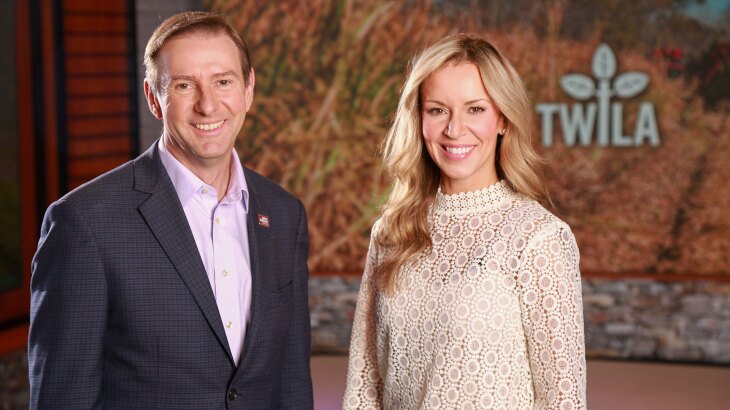NASHVILLE, TN (RFD-TV) - The public comment period is now open for producers to voice their opinions on a proposed rule surrounding electronic cattle identification.
Its been a hot topic for ranchers and cattle groups but at the center of the debate is the ability for health officials to do rapid traceability in the event of an animal disease outbreak like BSE, which was just confirmed after a case in Brazil.
Late year, R-Calf asked congress to intervene and stop USDA from mandating electronic ear tags saying they’re too expensive and potentially intrusive.
Leaders at APHIS recently published the updated rule to clarify some of the language surrounding record retention which they say will not see much of a change.
“We did recently publish the updated proposed rule that was published on January 19th, but the most important piece is really around that electronic identification. We do think the changes will make it much easier for us to quickly identify cattle and bison and respond to outbreaks. We’ve been working very closely with all the states to work through those trace exercises and look for the opportunities that we have to improve. And this will just be another for us to continue to move down that path. We look forward to the comments and look forward to being able to move forward with the rule that meets everybody’s needs,” USDA’s Chief Veterinarian Rosemary Sifford said.
Anyone that wishes to comment can do so on the Federal Register’s website. The window closes on March 20th.










